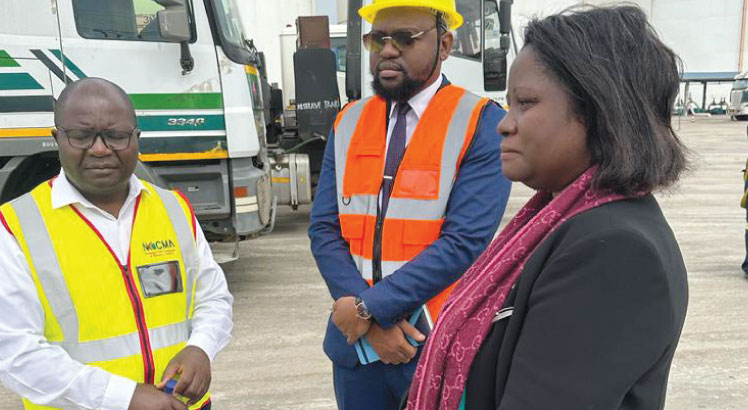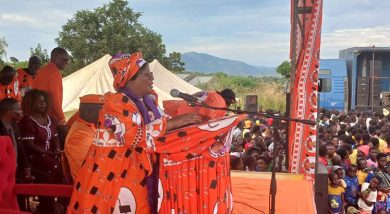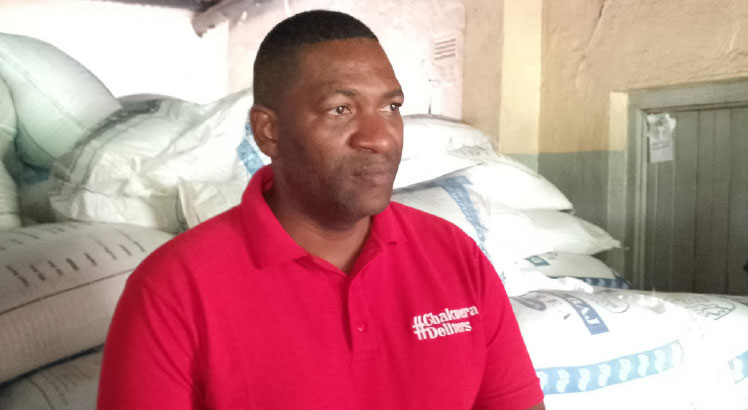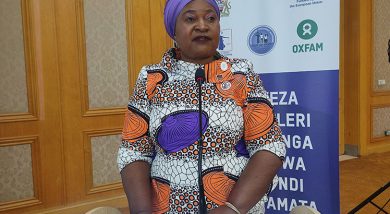Government corners fuel suppliers
Government has pounced on fuel suppliers demanding that they increase their imports through Beira in Mozambique, the shortest distance to Malawi.
The move follows realisation that while the foreign currency crunch has sharply limited Malawi’s ability to pay for imports, disruptions to the fuel import route mix has worsened supply problems in the country.
Thus Malawi is taking longer to land fuel within its borders than usual, thereby exacerbating supply challenges, according to National Oil Company of Malawi (Nocma) director of operations Micklas Reuben.
The Lilongwe delegation, currently in Beira, has also urged its counterparts to prioritise Malawi in clearing its products and facilitating transport logistics to speed up fuel haulage.
Malawi’s fuel import route mix, as stipulated by the Malawi Energy Regulatory Authority (Mera), requires that 70 percent of the country’s fuel imports comes through Mozambique’s ports with Beira processing 50 percent and Nacala facilitating 20 percent while the remaining 30 percent is supposed to be hauled through the port of Dar es Salaam in Tanzania.

But that mix is now off the rails as 82 percent of fuel imports comes through Dar es Salaam—a port that is roughly double the distance to Malawi compared to either Beira or Nacala.
Beira now accounts for just 17 percent of fuel imports while Nacala is at one percent, according to Reuben.
Blantyre is just 786 kilometres (km) away from Beira, but misses Dar es Salaam 1 883 km away. Lilongwe is only 938 km from Beira, but she too can’t live without Dar es Salaam nestling 1 576km away.
Even Nacala is nearer at 1 159km from Lilongwe and 1 074km to Blantyre. The major challenge with Nacala is limited tank storage capacity, with Petromoc, the Mozambique State-owned oil firm, the only reliable one.
But Beira has multiple resources, including abundant storage facilities and, of course, short turnaround time in delivering to Malawi.
Trucks from Beira take two to three days to reach either Lilongwe or Blantyre, but spend between five and seven days to reach the two cities from Dar es Salaam.
Suppliers say they prefer importing through Dar es Salaam because inefficiencies at Beira port have made landing fuel products more expensive.
Reuben conceded that while some of Beira’s inefficiencies have stemmed from being a victim of successive cyclones over the years, with Freddy being the latest to affect its operations, endless congestion at the port has brought in delays that have raised the cost of logistics.
“A lot of suppliers are incurring demurrage charges because of delays in ship birthing and ship discharges,” said Reuben, adding that these heap more costs on the product.
One of the suppliers, Lake Oil, which also runs fuel storage facilities at Beira, said much as the company wants to optimise the use of Beira to support Malawi, the fact remains that it is more economically feasible for them to get fuel through Dar es Salaam.
However, the company’s regional supply and planning manager Kelvin Kasula conceded that this arrangement hurts Malawi and his firm is willing to further engage Nocma to reach an arrangement beneficial to both parties.
“It is hard to access the product in Beira, but easier in Dar es Salaam because prices are predictable and lower there while Beira prices are unpredictable and higher,” he said.
But Reuben insisted that Lake Oil should bring all the remaining 40 000 tonnes of fuel under the current contract through Beira.
The Malawi delegation comprised senior officials from the ministries of Energy, Transport and Foreign Affairs, Nocma and the Malawi High Commission in Maputo. From Beira, the delegation will proceed to Nacala.
Malawi High Commissioner to Mozambique Wezi Moyo, who coordinated the delegation’s meetings with local authorities, especially those in customs and at ports, said President Lazarus Chakwera wants to see these problems sorted to ensure security of fuel supply in Malawi.





